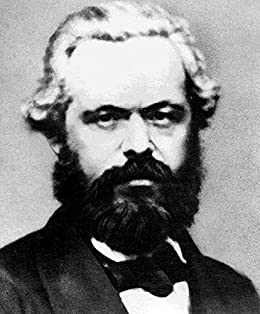
Karl Marx’s theory of class struggle and critique of the free market remain one of the most influential ideas in history, the polar of capitalism.
Below is an excerpt from a biography of Karl Marx included with our books.
| Title | Published |
|---|---|
| The Communist Manifesto | 1848 |
| Capital | 1894 |
Karl Heinrich Marx was born into a comfortable middle-class home in Trier on the river Moselle in Germany on May 5, 1818.
In 1835, Marx was enrolled into the Faculty of Law at the University of Bonn. The following year Marx went to University of Berlin where he remained four years.
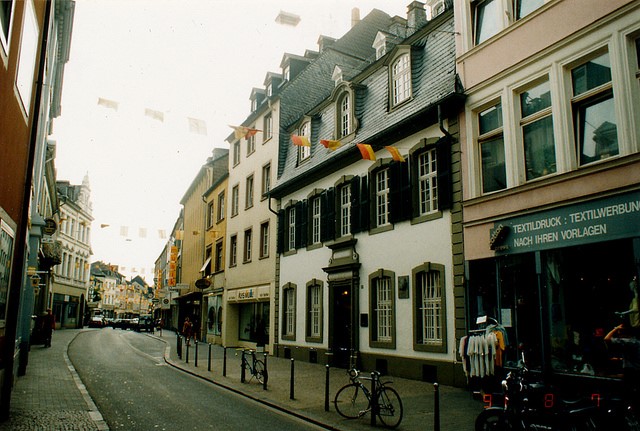
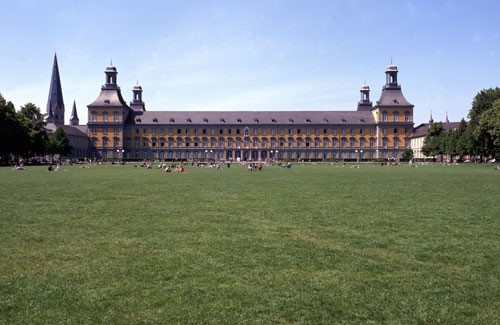
Finding a university career closed by the Prussian government, Marx moved into journalism and, in October 1842, became editor of the influential Rheinische Zeitung in Cologne. Marx’s articles on economic questions forced the Prussian government to close the paper. Marx emigrated to France in 1843.
Arriving in Paris at the end of 1843, Marx contacted various sects of French socialists. During his first few months in Paris, Marx became a communist and set down his views as the Economic and Philosophical Manuscripts (1844). In the Manuscripts, Marx outlined a humanist conception of communism. It was also in Paris that Marx developed his lifelong partnership with Friedrich Engels (1820-1895).
Marx was expelled from Paris at the end of 1844. While in Brussels Marx devoted himself to an intensive study of history and elaborated what came to be known as the materialist conception of history.
At a conference of the League in London at the end of 1847 Marx and Engels were commissioned to write a succinct declaration of their position. Once The Communist Manifesto published, the 1848 wave of revolutions broke out in Europe.
Early in 1848 Marx moved back to Paris when a revolution first broke out and then moved back to Germany where he founded the Neue Rheinische Zeitung in Cologne. Marx’s paper was suppressed and he sought refuge in London in May 1849.
Settling in London, he produced the 800 page manuscript on capital, landed property, wage labor, the state, foreign trade and the world market. In the early 1860s he broke off his work to compose three large volumes, Theories of Surplus Value, which discussed the theoreticians of political economy, particularly Adam Smith and David Ricardo. In 1867, Marx was able to publish the first results of his work in volume 1 of Capital. In Capital, Marx elaborated the labor theory value, conception of surplus value, and exploitation. Volumes II and III were finished during the 1860s but Marx worked on the manuscripts for the rest of his life and they were published by Engels.
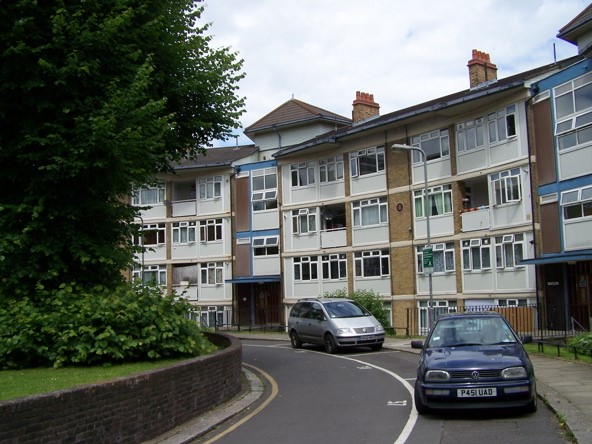
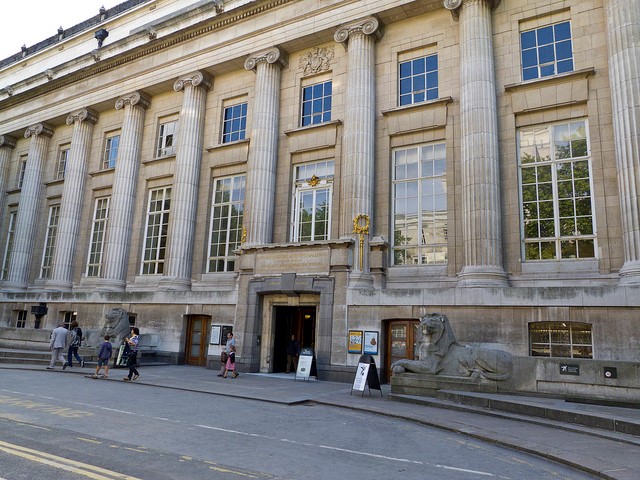
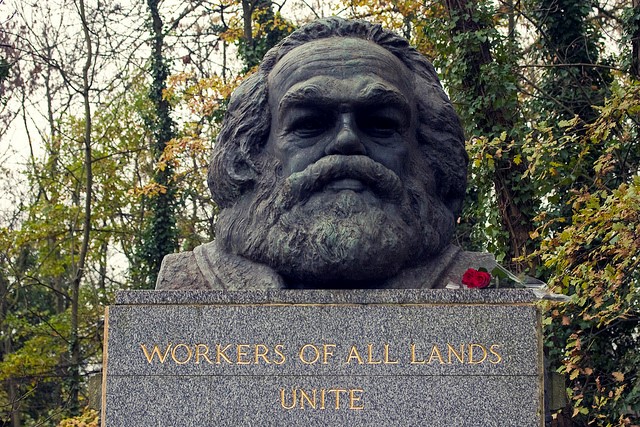
During the last decade of his life, Marx did manage to comment substantially on contemporary politics, particularly in Germany and Russia.
Marx died March 14, 1883 and was buried at Highgate Cemetery in North London.
So far, all of his predications about the future course of the revolutionary movement have failed to materialize. However, his thoughts on the economic factor and his analysis of the class structure produced an enormous influence on all aspects of history, sociology, and human culture.